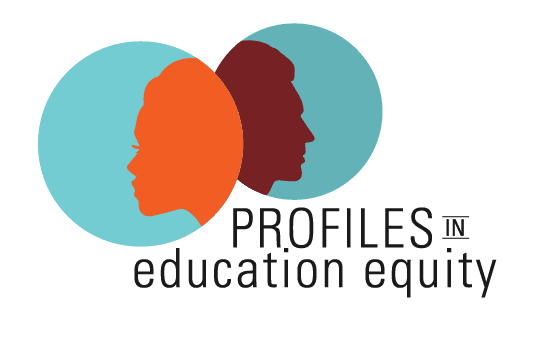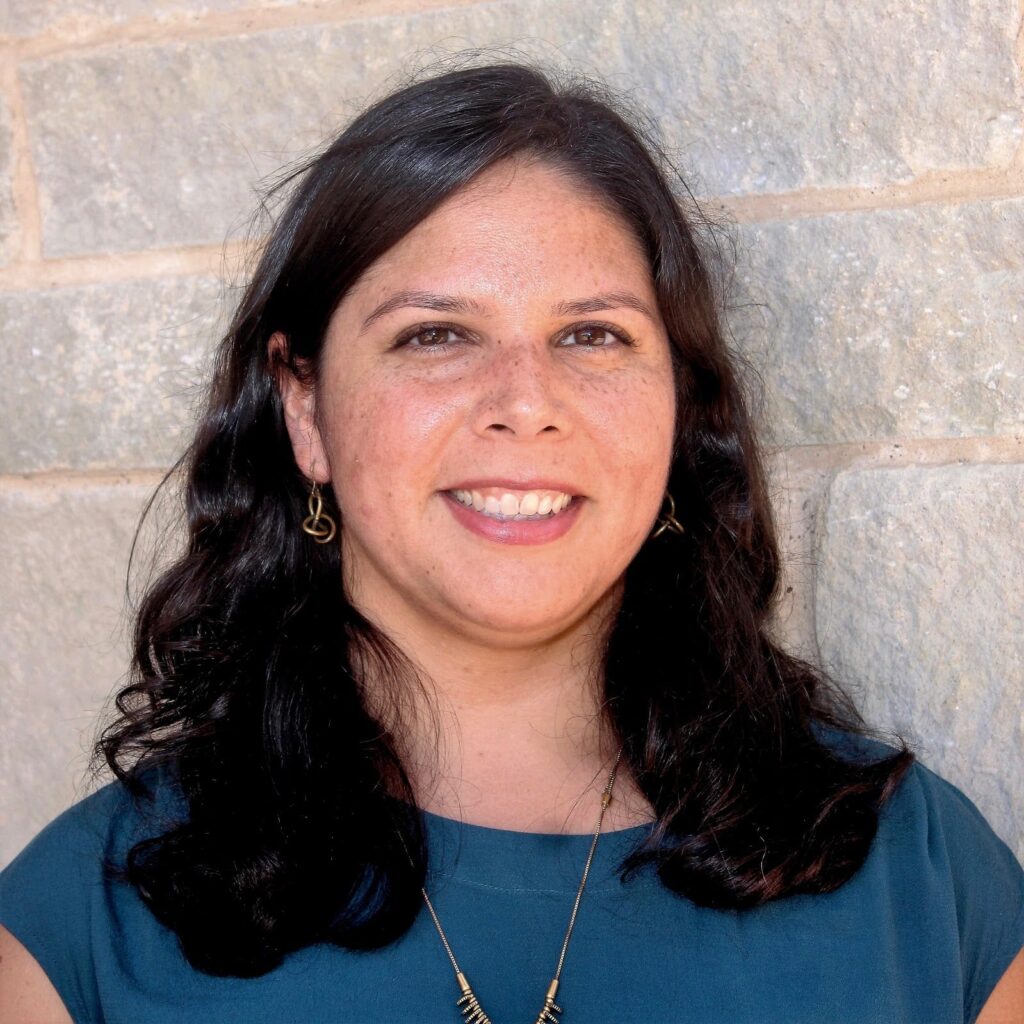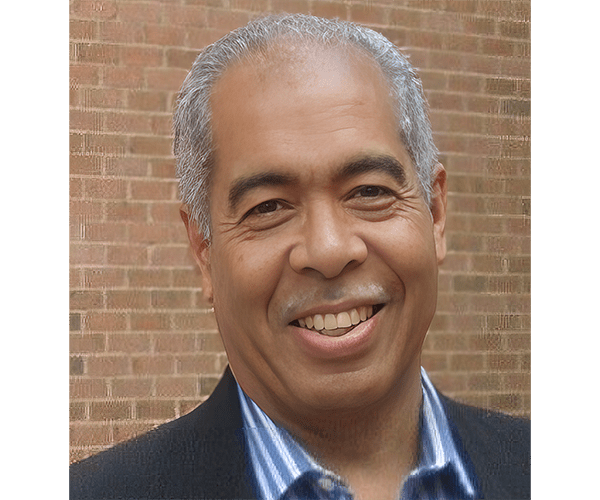 Erika Beltran is the chief of advocacy and policy at Leadership ISD, a Texas-based organization that helps community leaders advance academic excellence and racial equity in public education through advocacy, policy, and school board governance. A native of Fort Worth, Erika has worked in education for over a decade on issues ranging from early childhood education to assessments and accountability. Here, she talks about her current organization’s work.
Erika Beltran is the chief of advocacy and policy at Leadership ISD, a Texas-based organization that helps community leaders advance academic excellence and racial equity in public education through advocacy, policy, and school board governance. A native of Fort Worth, Erika has worked in education for over a decade on issues ranging from early childhood education to assessments and accountability. Here, she talks about her current organization’s work.
Define how you advance education equity in Texas.
My work at Leadership ISD is focused on mobilizing our network of over 1,200 individuals to advance an anti-racist education agenda across the state of Texas. We currently work in three regions — Dallas County, Tarrant County, and Harris County — serving three major metropolitan communities (Dallas, Fort Worth, and Houston). Our teams work with community leaders to equip them with the knowledge and skills to become fierce advocates for students of color. LISD community leaders organize and take action at the local level and also mobilize around state policy issues that lead to closing racial disparities in education. I’m consistently inspired by the amazing people we get to work with and am reassured that there’s so much hope for our future because there are so many people who care deeply about the future of our students.
What (or who) motivates you to advocate for education equity?
My motivation to advocate for educational equity stems from my personal experience growing up as the daughter of Mexican immigrants in Fort Worth. I was fortunate to have an amazing teacher in the second grade who encouraged me to explore opportunities that I would have otherwise never considered. That encouragement changed my life and put me on a track for success. While I had all the odds stacked against me — low-income, English learner, Latina — her belief in me changed everything.
What do you think is the most pressing education equity issue right now? How can advocates address this challenge?
Addressing racism in education is the most pressing equity issue we are facing, both here at home in Texas and across the country. Racism is the root of so many inequitable policies and practices and we can no longer afford to ignore it. It permeates our classrooms, our curriculum, and all of the systems that support schools. As advocates, we must advocate for policies and practices that dismantle systems of oppression and that ensure equitable treatment and access to resources and opportunities for students of color.
What’s next in regards to your work?
I am so thrilled to have come full circle and to be doing this work in Texas, in my hometown, and across the state. I will continue to work to raise awareness and to mobilize our communities toward dismantling systems that do not serve students, especially those most marginalized.





 Erika Beltran is the chief of advocacy and policy at
Erika Beltran is the chief of advocacy and policy at 

